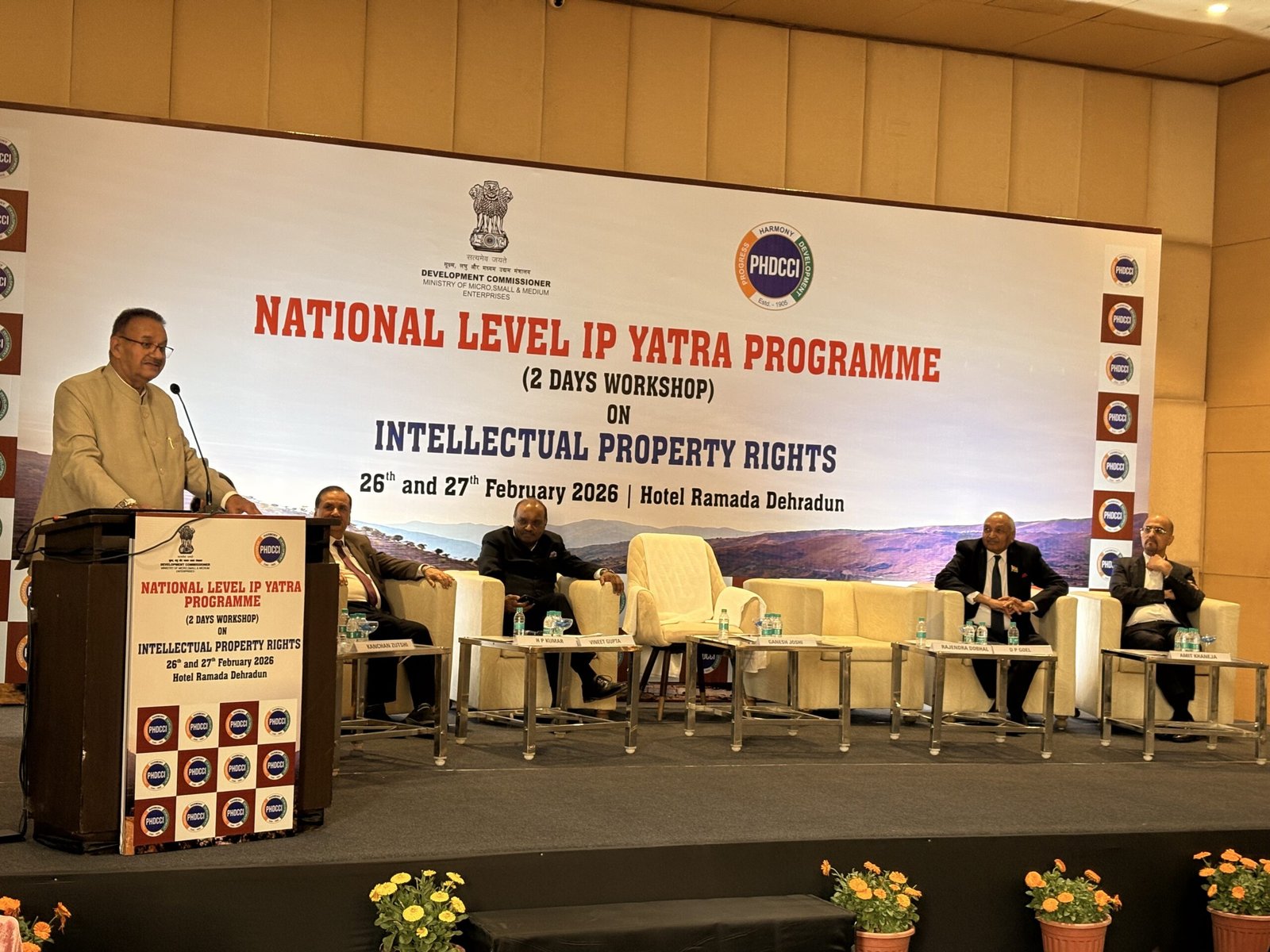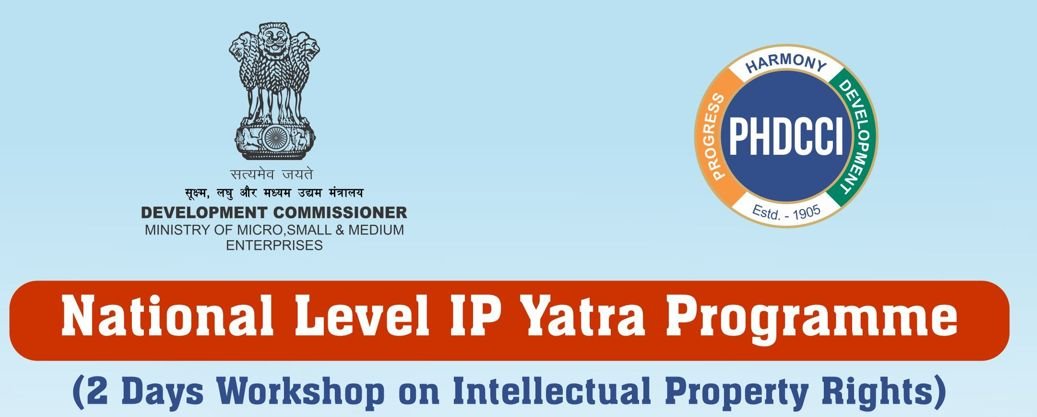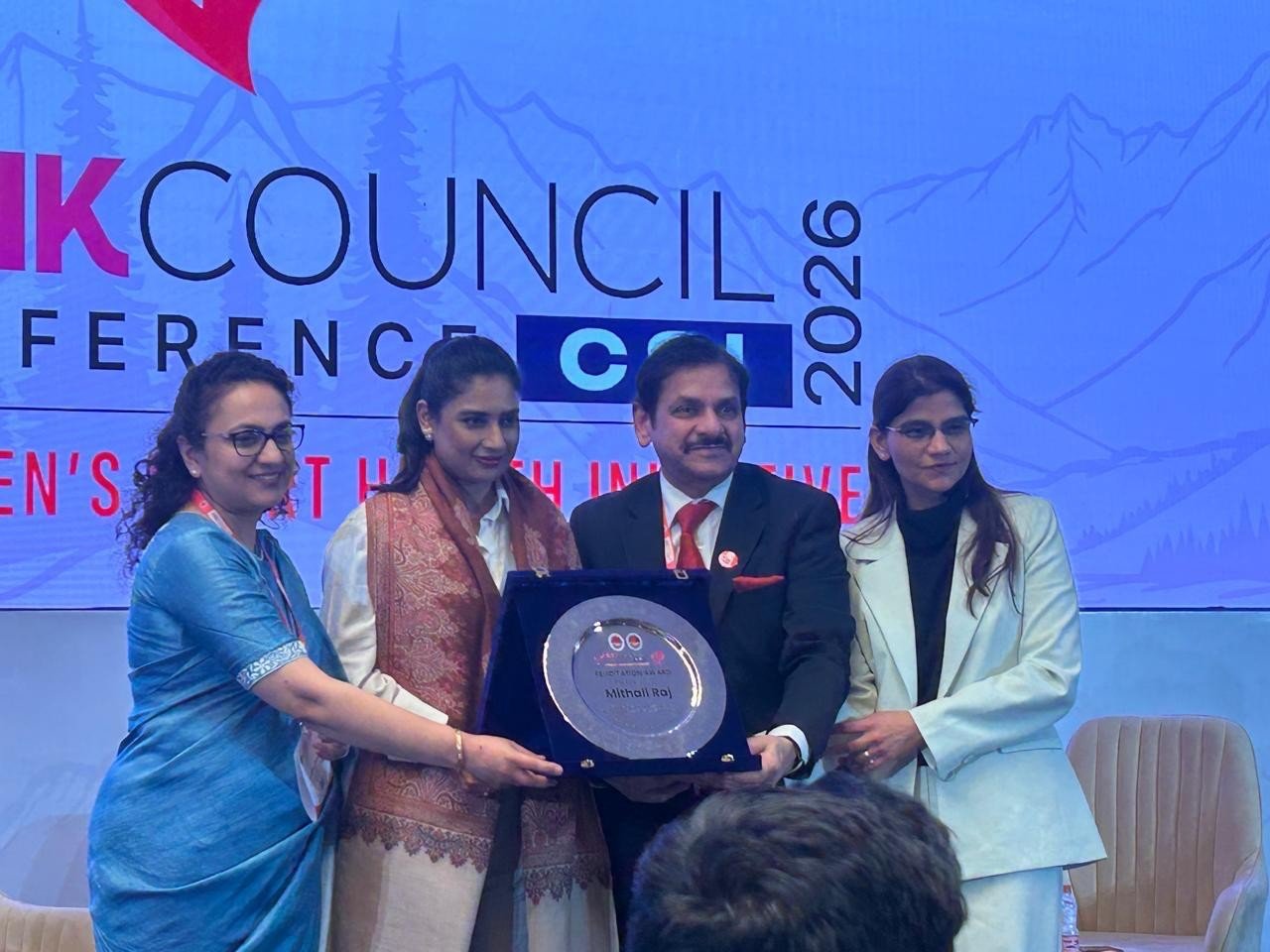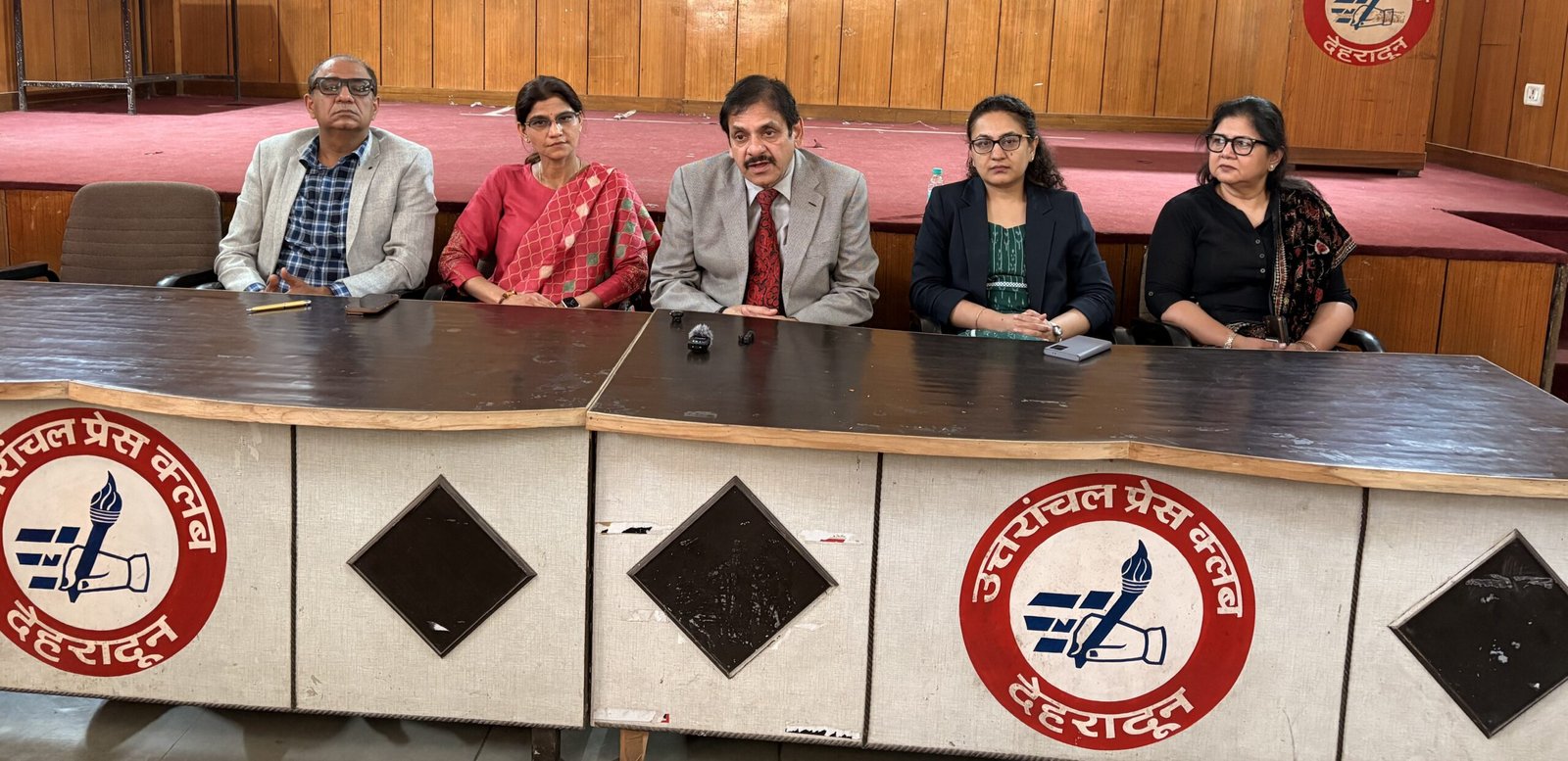Author- Aarna Agarwal
Immanuel Kant once said “In law a man is guilty when he violates the rights of others. In ethics he is guilty if he only thinks of doing so.”
The term law is often confused with words like justice, morals, and ethics. However, that remains a goal yet to be achieved. Everyday, lawyers, judges and even policymakers are confronted with situations where despite a guiding conscience, they have to stand by the oath that claims to protect its citizens. Be it defending guilty clients, imposing a death sentence, or upholding controversial laws, the very practice of law requires one to go against an idea they have believed their entire life.
Now, personal morals are not simply gut feelings or humane ideals. They are cultivated over years through upbringing, religion, culture, and experiences.
Whereas, the legal profession operates within a framework of established rules, precedents, and a set code of conduct. Therefore, while personal morality is subjective, professional duty is objective.
Let us take an example. The most common dilemma in law is defending a guilty client. Under the principle of presumption of innocence, every individual has the right to legal representation, even the guilty ones.
However, legal professionals also have the right to raise objections and avoid defending cases that conflict with deeply held moral beliefs.
This paradox can be highlighted through the case of Ajmal Kasab, the only surviving perpetrator of the 2008 Mumbai attacks, an event still fresh for India. The gruesome 26/11 attacks resulted in over 166 deaths, inciting widespread public outrage and a rising demand for swift justice.
Initially, many Indian lawyers were unwilling to represent Kasab due to the heinous nature of his crimes and the charged public atmosphere.
The Mumbai Bar Association even passed a resolution declaring that none of its members would defend him. However, the then Chief Justice of India, Honourable K.G Balakrishnan emphasised the necessity of legal representation for Kasab as without a trial any sort of justice would remain impossible.
Anjali Waghmare was appointed as Kasab’s defence attorney but faced immediate backlash, including protests and threats. Her residence was attacked by activists opposing her decision to defend Kasab.
Subsequently, Abbas Kazmi took over as Kasab’s lawyer. Kazmi, a seasoned criminal lawyer, understood the gravity of the situation. Kazmi stated, “I am allowed to talk to Kasab for only 15 to 20 minutes every day after the court hours… I only discuss the case with him and nothing else,”as he showed professional commitment while fighting to remove a terrorist’s death sentence.
This not only highlights the imperfections within the legal system but also the lack of understanding of the masses to resonate with legal professionals.
Although the balance between personal morality and professional duty is painstakingly hard to achieve, to address this longstanding issue, there are certain remedies in place within the system. Undeniably, the system prioritises duty over morals to ensure equality.
For instance, the American Bar Association’s Model Rules of Professional Conduct explicitly state that a lawyer’s individual opinions should not interfere with their obligation to provide competent representation. Similarly, judicial codes emphasise impartiality and adherence to the law, even when it may conflict with the judge’s personal views. After all, the rules and precedents are in place for the betterment of the society, regardless of how subjective their dealings may be.
That being said, there are instances where personal morality can and should influence legal decisions.
The term whistleblower refers to a person who reveals covert information about an unlawful activity to the lawful people. In the famous case of Edward Snowden, a former contractor for the National Security Agency, personal ethics compelled him to leak classified information about government surveillance programs, which sparked a global debate about privacy and security.
All of this goes to demonstrate the importance of ethical training, subjective understanding, and dialogue amongst legal professionals. Law can be a powerful weapon if yielded the right way. In today’s modern world where nothing can be plainly classified as right or wrong, we must be equipped enough to understand the grey area. Open discussions on such dilemmas and paradoxes can help professionals strategise for such confronting situations.
Allowing space for moral reasoning would only better uphold the legal system’s values of fairness, equity, and justice, helping it ensure its relevance and credibility in a continuously changing society.











